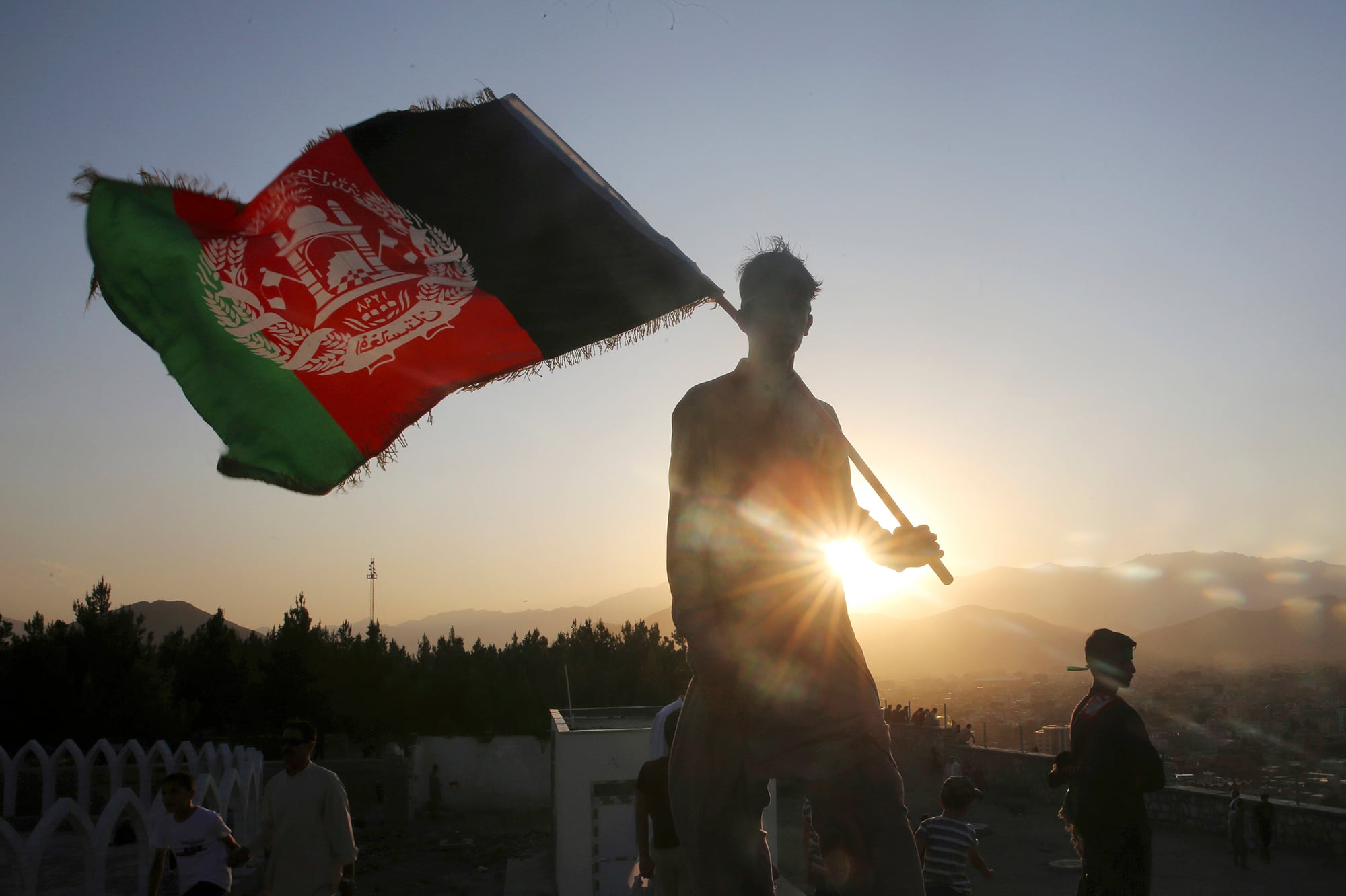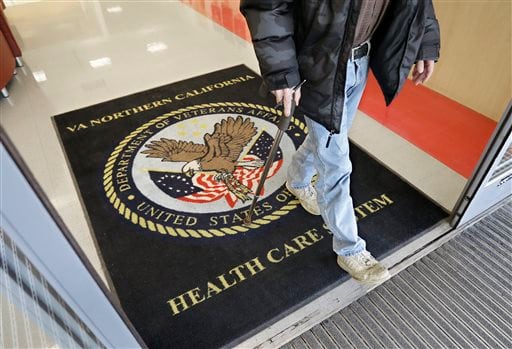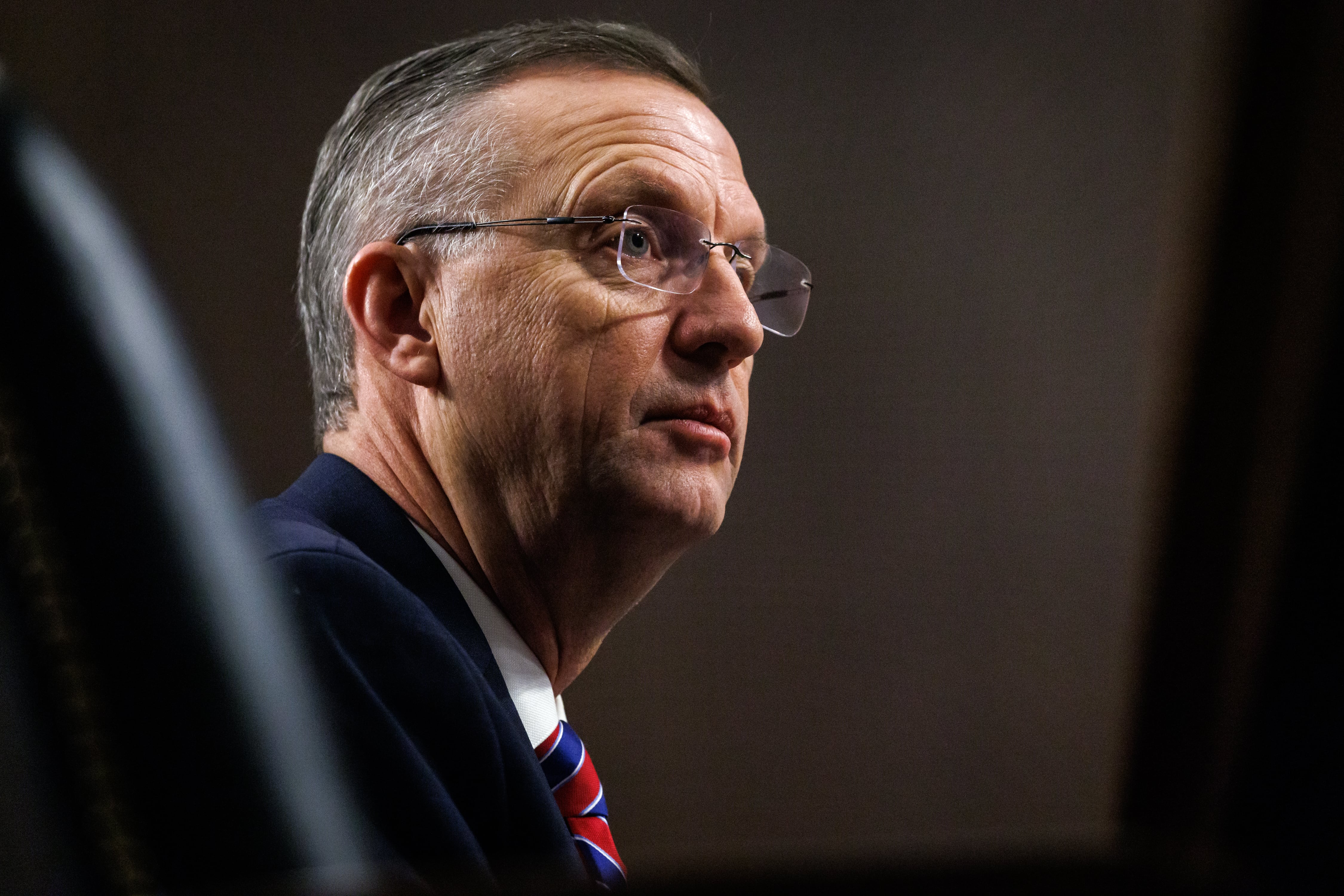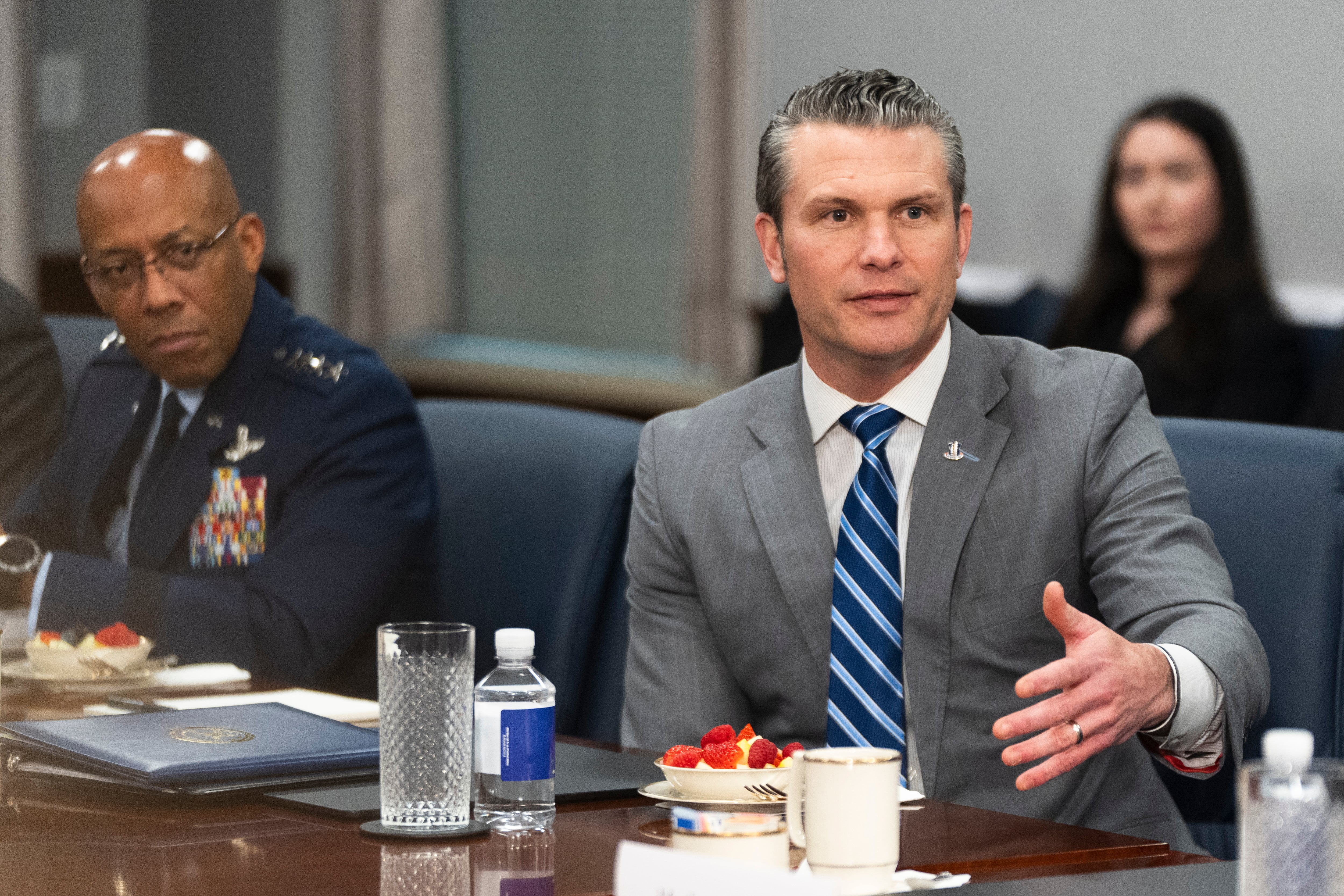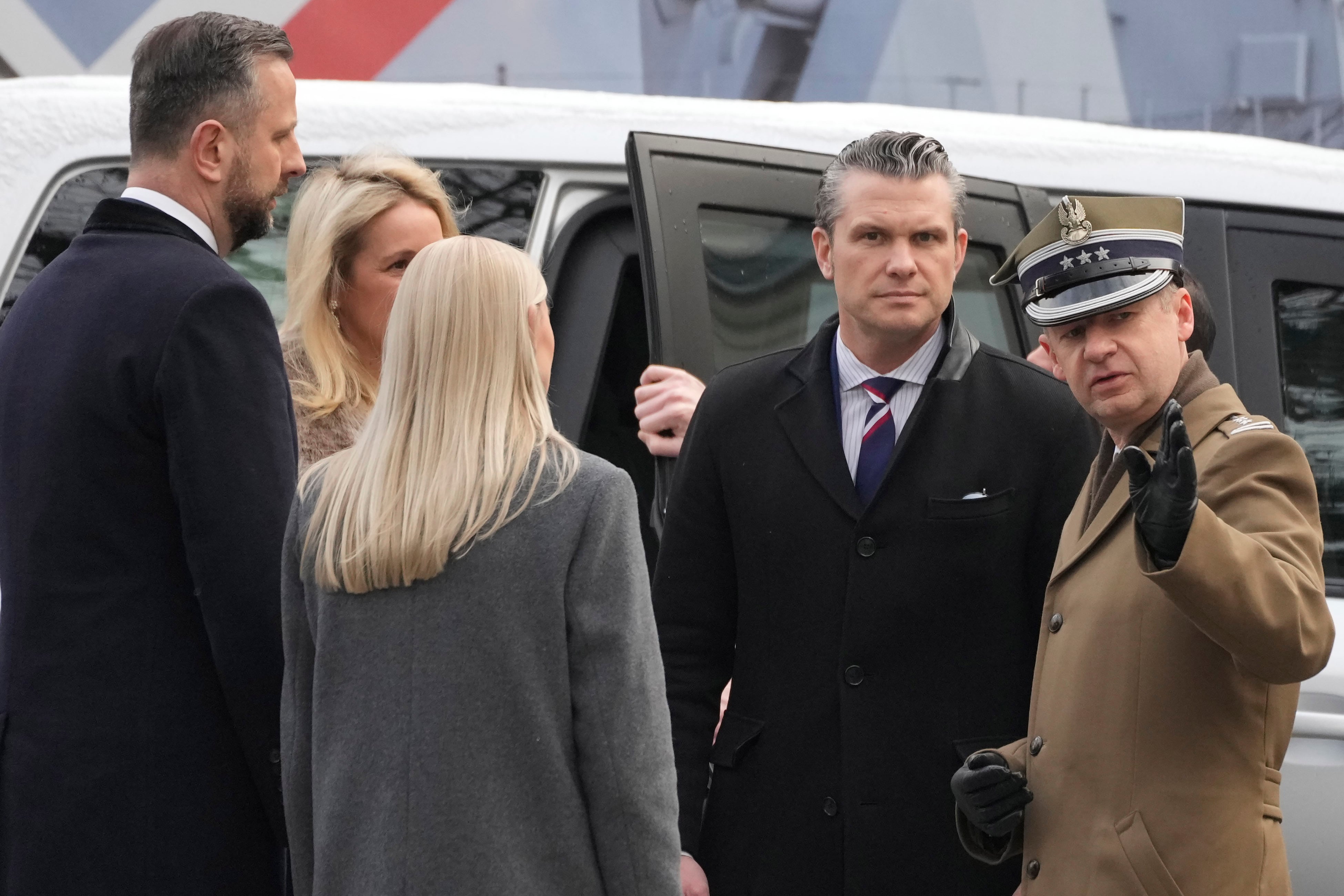It may not be the ideal state that many dreamed of it becoming but, today’s Afghanistan is freer and more democratic than it has ever been. The journey has been a 40-year parade of regime changes and experiments: monarchy, anarchy, communism, civil-war, extremism and Taliban autocracy; all of them life-draining failures. Eventually and with much help, the Afghan people began to experience democracy under a constitutional republic. These freedoms were achieved through the blood and sweat of the over 40 nations who have stood with, and continue to stand alongside Afghans. Pre-eminent amongst these was America, which has invested so much to allow Afghans to improve their society, to support basic human values, and, of course, battling the common threats to Afghan and American/NATO security.
It’s true that Afghanistan still faces many problems and the work is far from being finished, but the country has established one of the most vibrant civil societies and open media/press cultures in the region; one that is truly worth preserving to ensure the continued protection of human rights and improvement of the governance.
Perhaps it’s easier to see the glass as being half empty, but during Veterans Month in America, it’s so important to see the other half of the glass is full of the hard-gained military and civilian accomplishments in Afghanistan. We need to honor the sacrifices for our nations that were made by the over 800,000 veterans who fought alongside Afghans since 2001. If the world is safer, and there has not been another 9/11 scale terrorist attack; it is because our nations stood tall and others joined us in the battle against violence and terror and the fight for our common humanity and values. It’s due to the immense sacrifice of those who served, and those who paid the ultimate price, that Afghanistan is finally emerging into the light. The over 2,300 Americans who died in defense of freedom will never be forgotten,
Today, the fight is carried on by the Afghan National Defense and Security Forces (ANDSF). The ANDSF battles against militants and terrorists that have evil in their hearts when they purposely target civilians, education centers, and places of worship. The ANDSF are taking casualties defending the Afghan people in the name of the same freedoms that American servicemen and women fought for. In fighting the Taliban and ISIS, Afghan security forces are now in the driver’s seat with minimal NATO support. Make no mistake, it is still an intense war and a very uneasy situation; but as the former Resolute Support mission and United States Forces-Afghanistan commander Gen. John Nicholson said in 2017: “The Taliban have never won against the commandos and the Special Forces and they never will.”
Nowadays, Afghan Security Forces lead 96 percent of the missions that were once carried mainly by the U.S. and its allies. Afghan security forces’ casualties are high, but no major city is now in the hands of the Taliban. Afghans have taken up the baton handed to them by America and they carry on the fight, as Nicholson said, “On behalf of all humanity.”
Despite the voices of the skeptics, there has been significant and tangible improvement in Afghanistan. In 2002 there were fewer than 1 million children — virtually none of them girls — in school. Today, millions of children are enrolled in school and one out of three of them are female. This year, 18-year-old Shamsia Alizada — born after 9/11 and a survivor of the suicide attack on her education center where most of her classmates died — earned the highest test score in Afghanistan’s university admissions exam out of 170,000 students. This wasn’t just unthinkable under the bleak and harsh Taliban regime, it was impossible. In Shamsia’s achievement, we see the future of Afghanistan. There are many such stories, tales of hope and future that perhaps too many outside of Afghanistan are unaware of. The health sector is a great example of what can be achieved. The maternity mortality rate has fallen tremendously and access to healthcare services has improved dramatically. War casualties aside, Afghans now live longer than they have ever done before.
There is this new open-minded, educated, and passionate generation of Afghans taking the lead and replacing the old guard. They are moving into public positions, government and non-government, to unlock the hope and optimism because they were the victims of decades of war who understand the pain and misery more than anybody else. This endless cycle of violence has taken too many lives and Afghans know that it leads nowhere. The future is ours to seize and hold.
Many, many American veterans have an emotional investment in the future success of Afghanistan. With trauma, death, and catastrophic injuries falling upon many of them, the debt owed is beyond calculation. But there were also bonds of friendship and love forged in the conflict that ravaged Afghanistan, and we are know there were also times that have let painful and fond memories for Afghans and Americans. No one leaves a war unscathed, but the generations in Afghanistan and America that have been through this together — shoulder to shoulder — are still closely leaning on each other as we move forward.
While the politicians argue and posture during these peace talks, let’s take time to remember all of those who stand on the sidelines and pray for a good outcome. Those whose voices are seldom heard, the servicemen and women, the nurses, medics, development workers, diplomats, civilian support staffs and more, that all placed their lives in danger for Afghans and are looking on, with the hope that their hardships will lead to an Afghanistan free from the curse and blight of war.
As one soldier we spoke to recalled his biggest lesson from serving in Afghanistan was that the Afghan people, like all people, want to raise their families in safety and live according to their traditions. There is much alike between Afghan and American cultures. It may explain how the soldiers from both nations built such strong bonds of trust in such trying times.
Afghanistan is a part of many Americans’ personal history and perhaps a part of who they now are. So, to those who served in Afghanistan, or who lost loved ones there, when peace returns — as it surely will — go back to that beautiful country as visitors or tourists. Experience the mountains and valleys, the historical and cultural places, the food, music, and the Afghan passion for life. Veterans and their families will be welcomed back by a grateful and hospitable people. Afghan doors and hearts are always open to you.
Farid Tavos worked in Afghanistan as a media consultant and also worked at the Afghanistan Embassy of Washington, D.C. He studied analytical finance with a major in economics and currently studies media society in Sweden.
Jason Criss Howk is an Afghan war veteran turned writer and professor. He helps Afghans to share their voices with the world through writing, to give a clearer perspective of Afghanistan. He leads interfaith dialogues to increase tolerance between people of faith. He spent 23 years in the U.S. Army and continues to focus on Afghan security and peace-building.
Editor’s note: This is an Op-Ed and as such, the opinions expressed are those of the author. If you would like to respond, or have an editorial of your own you would like to submit, please contact Military Times managing editor Howard Altman, haltman@militarytimes.com.
